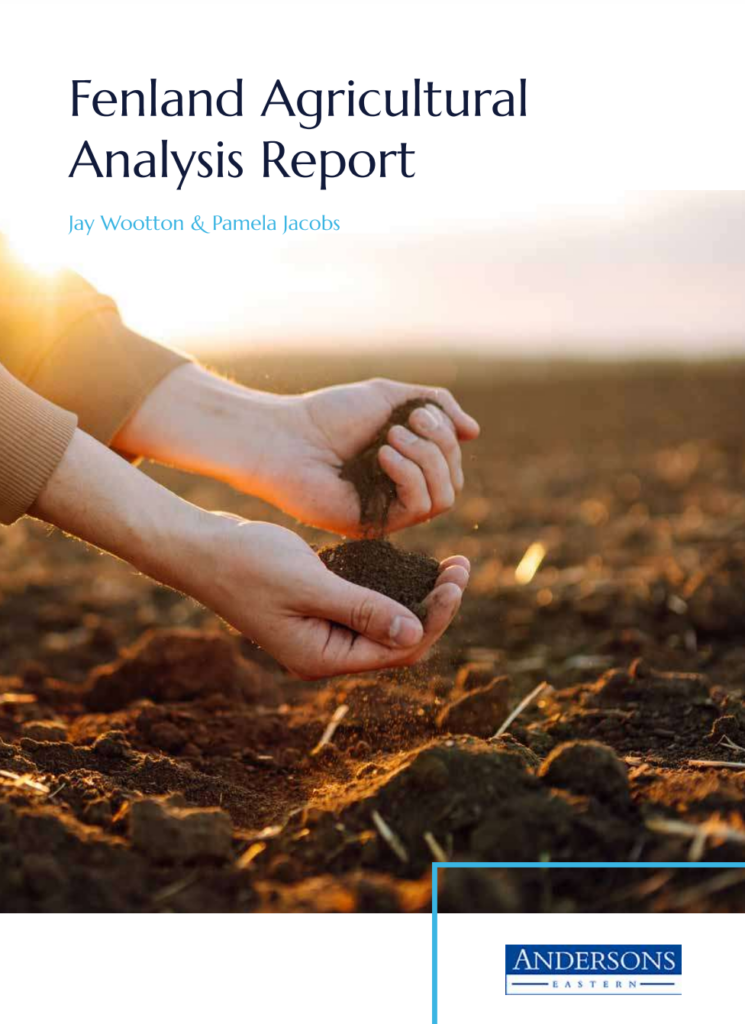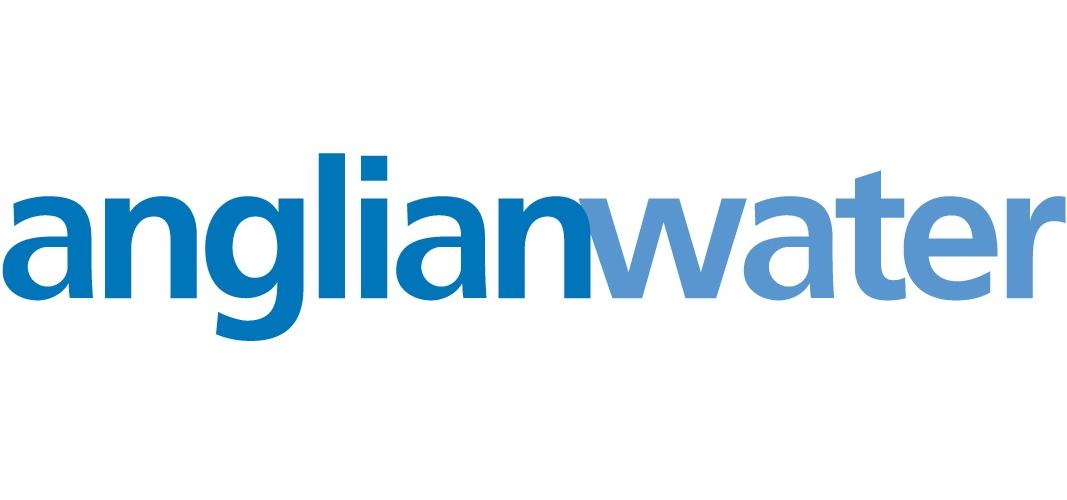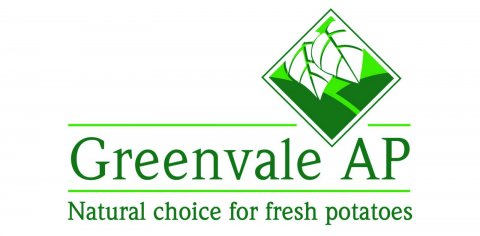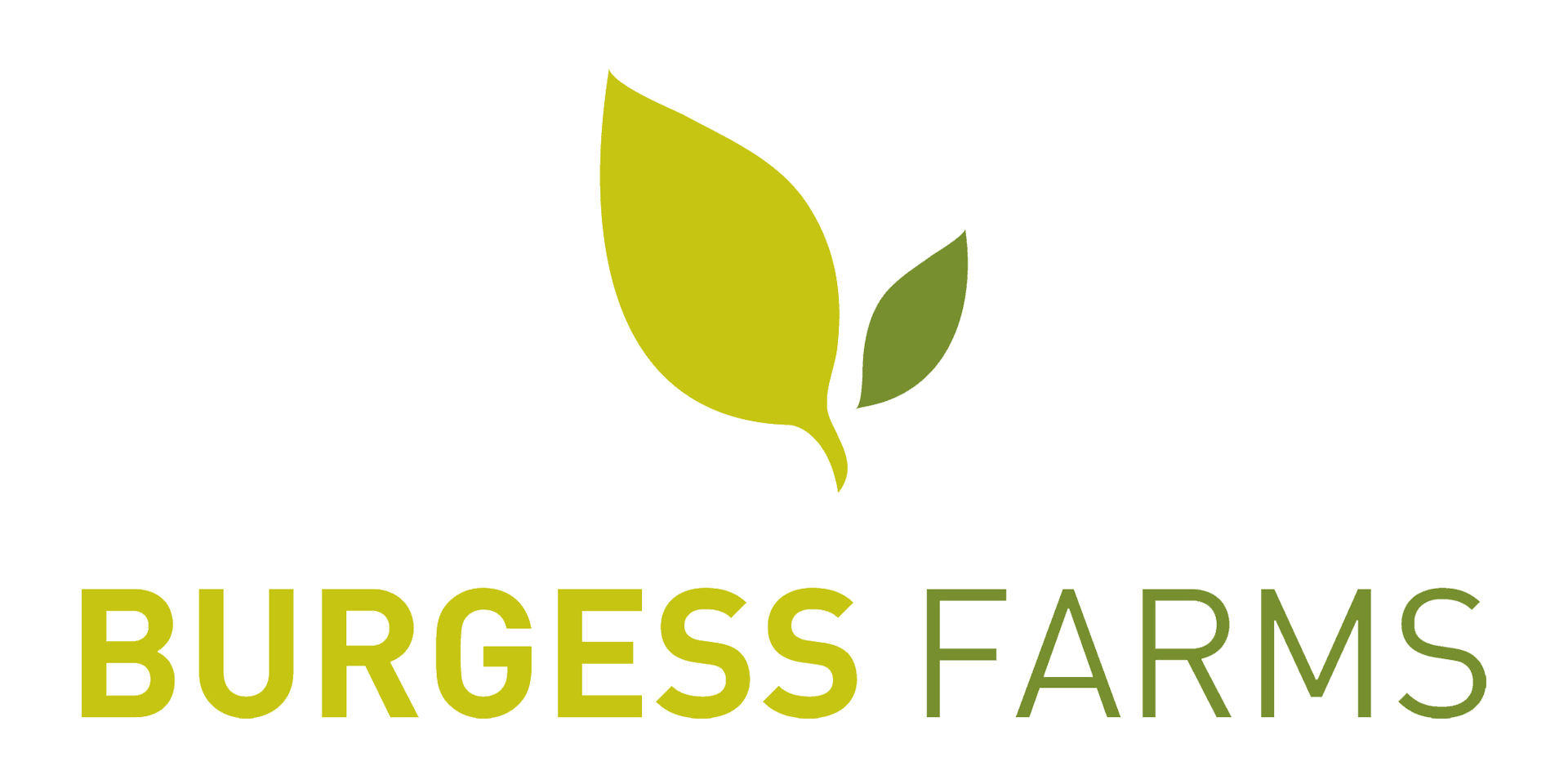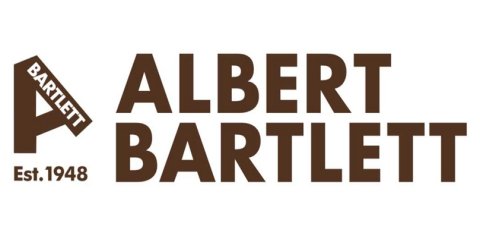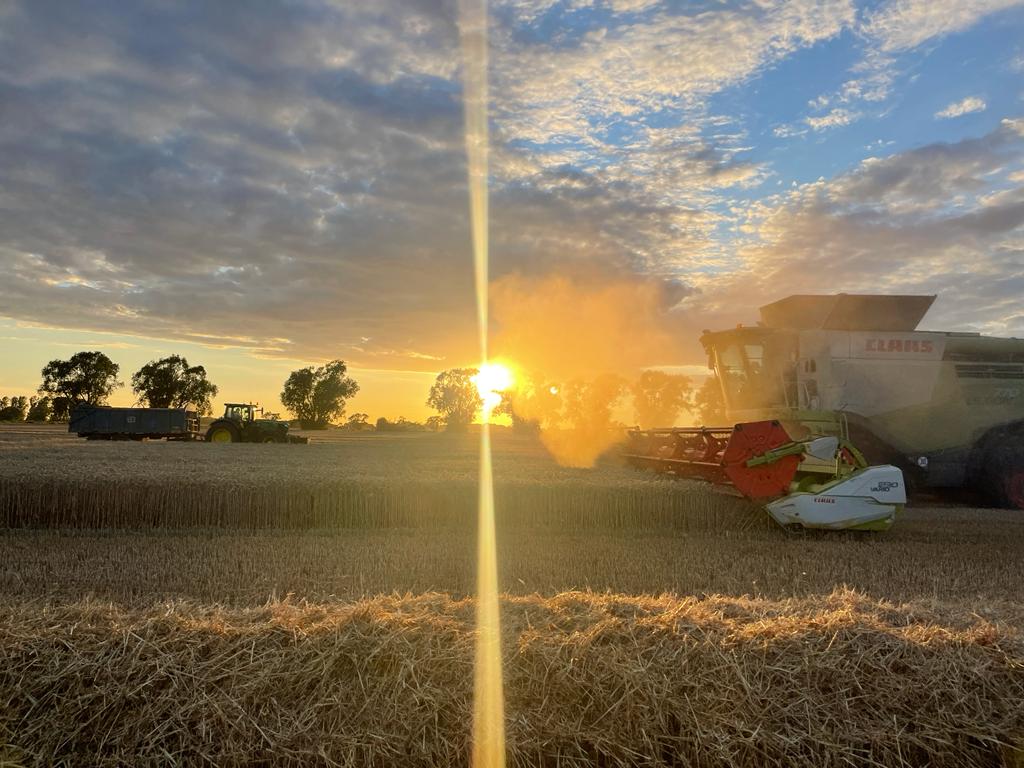
Fenland SOIL is delighted to announce that the much anticipated Fenland Agricultural Analysis Report, commissioned by Fenland SOIL and carried out by Andersons Eastern, to present the evidence of the measures needed to enable Fenland Farmers to reduce their carbon impact while maintaining food production.
The report, supported by the NFU, calls on government to develop a pathway of investment through mapping, feasibility studies and support grants.
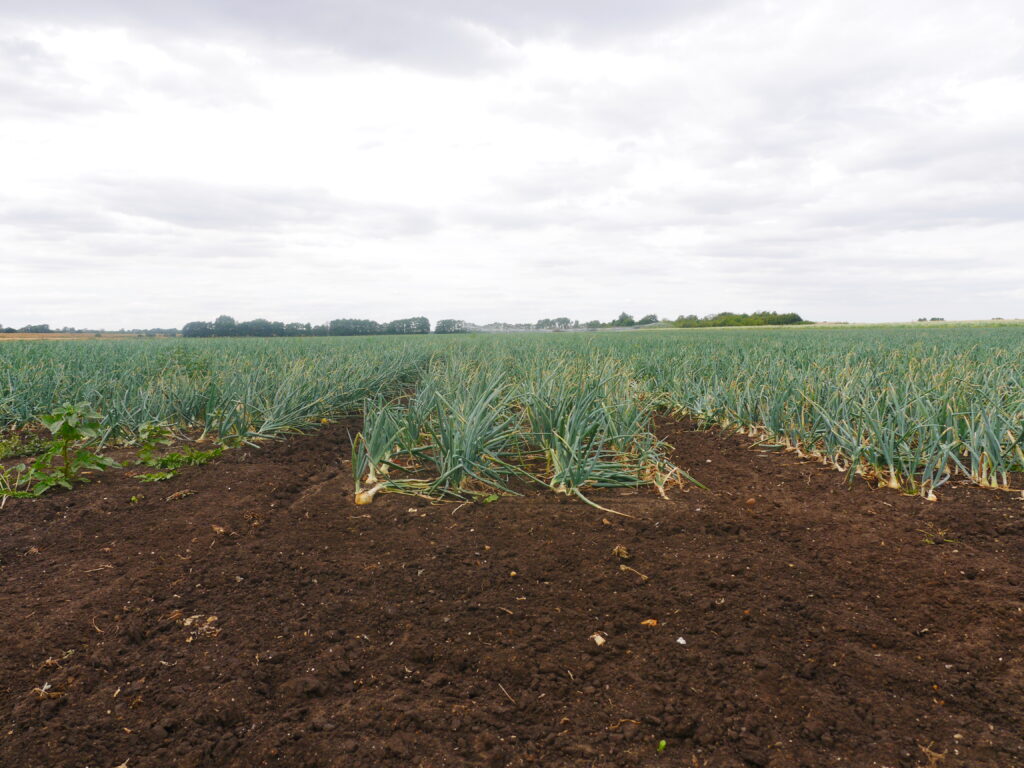
The East Anglian Fens is the breadbasket of Britain, producing a third of England’s fresh vegetables. Worth an estimated £3.1bn to the East’s economy and the whole supply chain from farm to fork, employing over 80,000 people.
Dr Tina Barsby OBE, CEO of Fenland SOIL said: “It is evident that current agri-environment scheme incentives are too limited in their scope.
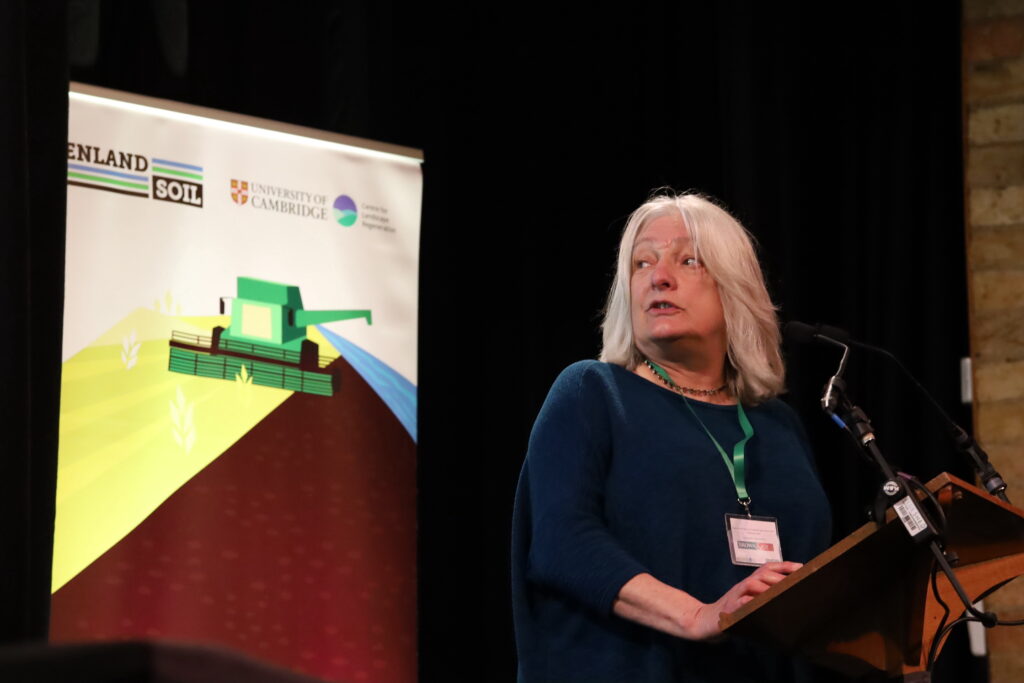
“Recent indications from Defra lowland peat workshops suggest that Defra thinking is not moving at sufficient pace to encompass the scale of change and opportunities envisaged in the Lowland Agricultural Peat Task Force report and examined in the case studies in this new independent report, commissioned by Fenland SOIL.
“It is hoped that policymakers will take heart from the farmer-led initiative shown by Fenland SOIL in leading the development of a framework and pathway for farmers to consider change and support that change through providing the necessary scale of investment required. Fenland SOIL will welcome the opportunity to work with government to put more detail into the concepts outlined here.”
Farmers are working to maintain their vital contribution to national food security, whilst mitigating the impact of greenhouse gas emissions from Fenland deep, shallow and wasted peat soils.
These carbon-rich ecosystems can store and sequester more carbon than any other type of terrestrial ecosystem but can also be significant sources of emissions if not managed carefully.
Fenland farmers formed Fenland SOIL in 2021 to explore how farming methods could be adapted to reduce carbon emissions while maintaining their crucial role in feeding the nation.
Fenland SOIL commissioned Andersons Eastern to produce an independent report exploring potential mitigation options for reducing greenhouse gas emissions.
The case studies in the report highlight that rewetting options are practically difficult and expensive to achieve. Increasing the degree of rewetting reduces the farming output thereby increasing compensation required. This is on top of the capital investments needed to achieve hydrologically isolated land blocks.
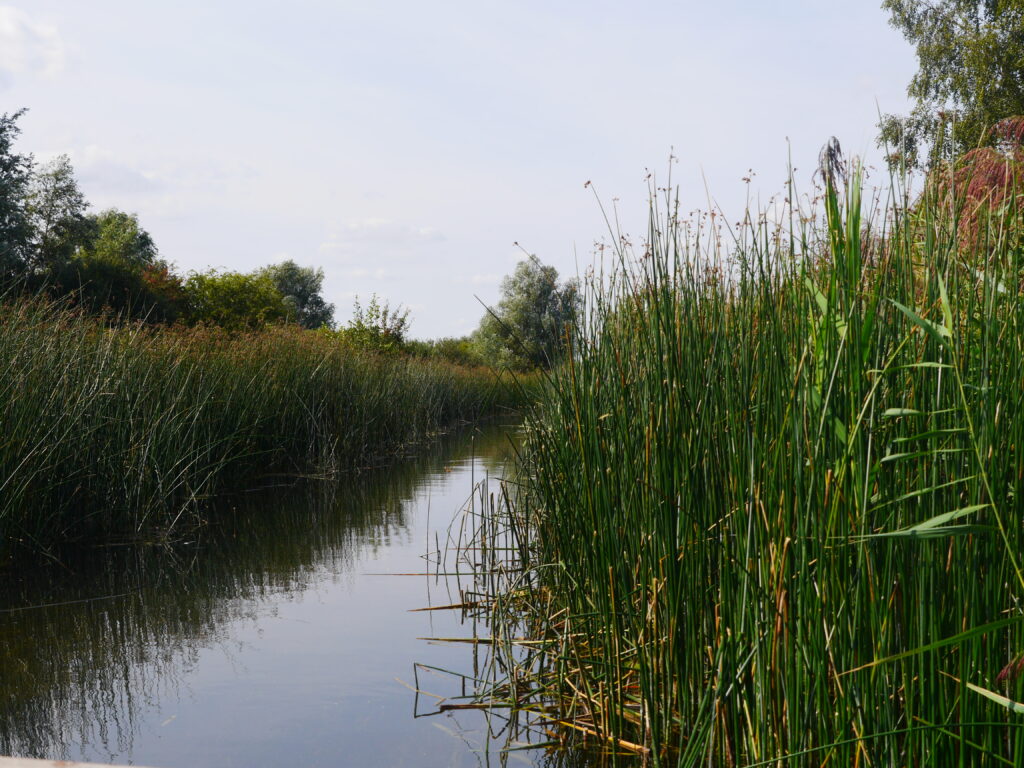
In order for farmers to change the way they manage their farms in the Fens, the report recommends major reform to drainage authorities as well as support with capital funding and incentives.
NFU Regional Environment Adviser for the East of England, Rob Wise, who has worked closely with Fenland SOIL on the project, said: “Defra have made a good initial start on developing the funding structures needed but they need to adopt the pathway of completing the mapping, funding feasibility studies and then pitching the capital and revenue grants at the right level to get farmer and Internal Drainage Board buy-in to deliver meaningful projects on the ground.”
This is just the first piece of work that Fenland SOIL will be undertaking to evaluate the economic and social impacts of potential changes to farming practices in the East Anglian Fen, and we would be grateful for feedback on the report itself and for suggestions for research questions you would like to better understand.
The full copy of the report is available only to Fenland SOIL members and sponsors at this stage, with a summary available to the general public.
For more information please contact General Manager, Megan Hudson.

